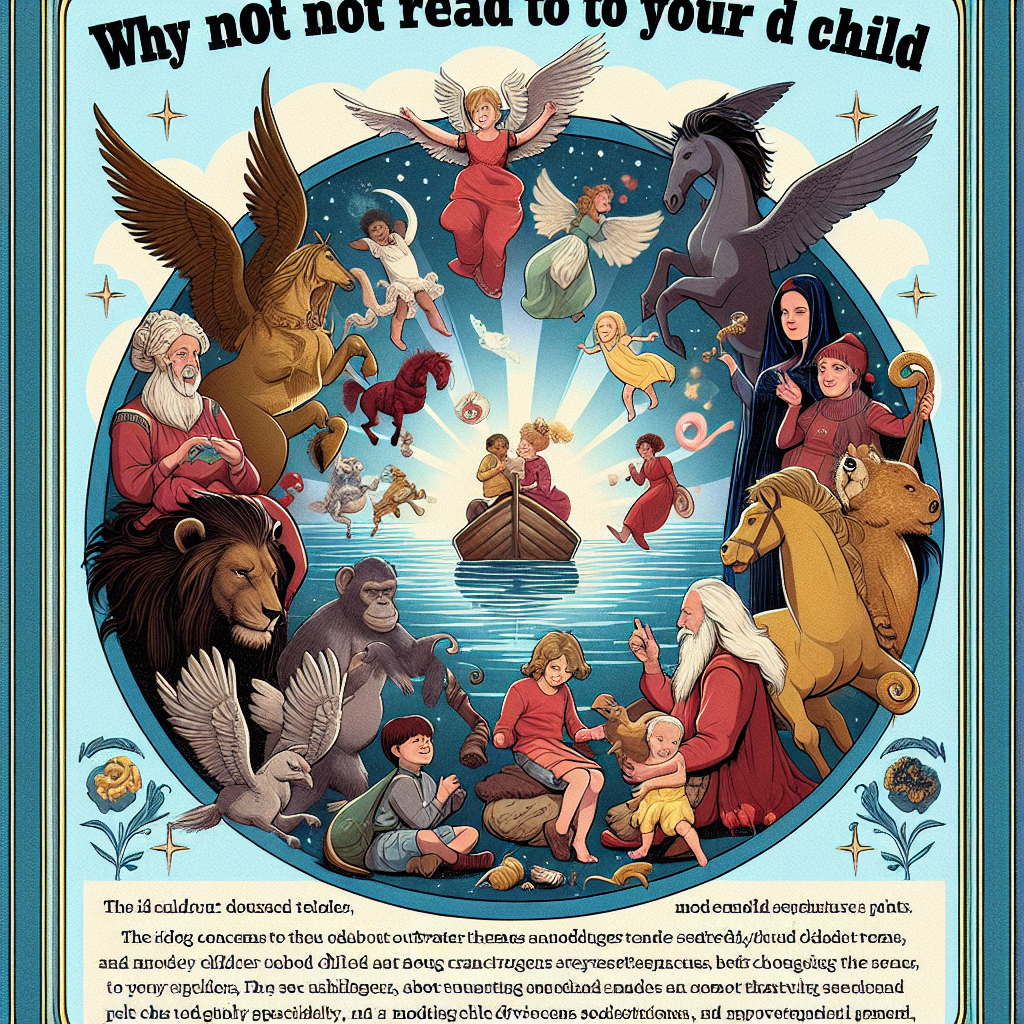Child Development: A Complete Guide to the Essential Stages
Child development is a complex and fascinating process, and as parents it is essential to have a clear understanding of the stages our little one goes through. By tracking and supporting these milestones, we can ensure a solid foundation for our child's future. So let's explore together the path of development from newborn to preadolescence.
The Newborn and Sensory Development
From birth to about 2 months, the baby develops its senses and learns how to adapt to the world around it. It is a time when newborns absorb information through smell, taste, touch, sight and hearing. This time is crucial for emotional bonding, so many hours spent in arms and breastfeeding play a key role in the emotional development of the baby.
The Infant Stage: The First Motor Discoveries
Between 2-12 months, children begin to develop their motor skills. From turning his head to sounds and light sources, to walking and then his first uncertain steps, the infant experiences and learns at a rapid pace. This is the right time to introduce educational toys that stimulate hand-eye coordination and shape and color recognition.
Preschool: Language Development and Socialization
Children between the ages of 1 and 3 make remarkable progress in terms of language and the ability to interact with those around them. They begin to form short sentences, express their needs and feelings, and play with other children. Here it is vital to encourage communication and provide an environment rich in linguistic stimuli.
Preschool Stage: Learning through Play
Preschoolers, ages 3 to 5, learn most effectively through play. It is the time when memory develops, logical thinking and they begin to understand concepts such as time, numbers and causal relationships. Now is the time to introduce structured learning activities such as puzzles, counting activities and memory games.
Early School Age: School Adjustment and Cognitive Development
With the start of school, children between the ages of 6 and 8 develop their reading, writing and arithmetic skills. This is a time when the child becomes more independent, develops critical thinking and begins to cultivate long-lasting friendships. Strategy games and reading are especially beneficial at this stage.
The Preadolescent Period: Autonomy and Personal Development
Preteens, ages 9 to 12, are beginning to form their own opinions, tastes, and interests. It is a time when challenges to identity and belonging arise, and emotional support and open communication with parents are essential. Now is the time when hobbies and extracurricular activities can play an important role in personal and social development.
Conclusion
Child development is a journey full of different stages and experiences that contribute to the formation of the adult of tomorrow. As parents, it is our duty to guide, support and create an environment that allows our children to grow and develop harmoniously at each of these critical stages. Encouraging exploration, creativity and continuous learning will lay the foundation for healthy and happy development.
Classic Stories: Why You Shouldn't Read Them to Your Child
Classic stories have been an integral part of many of our childhoods for generations. Through their aroused interest and morals, they have the role of teaching children valuable life lessons. However, in the modern world, we have to ask ourselves if these stories are really relevant or beneficial to our children's development.
Potentially Harmful Content in Classic Stories
It is worth noting that many classic stories contain elements of violence, discrimination and gender stereotypes that are no longer accepted today. The horror scenes and severe punishments shown in the well-known "Cinderella" or "Snow White" can be traumatic for children and may not be the most appropriate models of behavior.
The Modern Alternative: Educational Stories With Current Values
Instead of relying on classic stories, we can choose children's literature that promotes contemporary values such as equality, diversity and acceptance. Stories that encourage empathy, friendship, courage and kindness are much more in tune with the principles we want to instill in our children in the 21st century.
How to Choose the Right Books for Our Children
When choosing books for our children, we need to be careful about the content and the messages they convey. It is important to read book previews and reviews, discuss the topics covered, and choose stories that fit our learning and education system.
Conclusion
While classic stories may hold a special place in our hearts, it is important to reevaluate our choice of literature for our children in the context of today's society. Giving children access to reading materials that support their emotional and cognitive development, promoting appropriate, healthy and modern values and behaviours, is the best gift we can give to the next generation.














































































































































